Pacific Island Fiji aims for a high-tech future
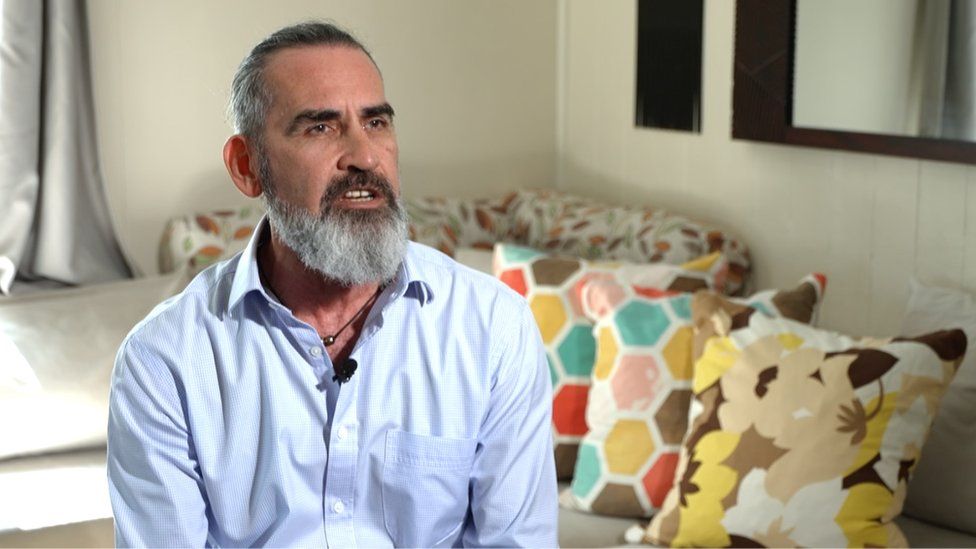
“Everyone wants to invest in Fiji right now.”
That’s the view of entrepreneur Truman Bradley, who owns seven businesses in the Pacific Island country.
He cites its location as an appealing factor. “We have access to North America, we have access to Asia, we have access to Australia and New Zealand,” he says.
The last six years have been particularly difficult for Fiji, though.
In 2016, the worst storm recorded in the southern hemisphere – Cyclone Winston – tore across the region, killing dozens of people and forcing tens of thousands more from their homes.
It was a stark reminder that as climate change warms the world’s oceans, the Pacific is particularly vulnerable to extreme weather events.
Then came Covid-19. With borders closed and lockdowns imposed, Fiji’s thriving tourist industry – one of the main pillars of the economy – was all but shut down, while lucrative seafood and agricultural exports ground to a halt.

At the same time, Pacific Island states like Fiji are also having to navigate escalating competition between the US and China for influence in the region, with both countries offering loans, aid and security. In response, Australia and New Zealand have ramped up involvement in the region too.
Many in Fiji agree that now is the time for the country to diversify away from traditional industries and tourism, in order to protect its economy.
Mr Bradley says the answer is to invest in sectors like technology and business services, such as call centres. And thankfully, he says there is a lot of interest.
He is speaking to the BBC at his office in the capital Suva, which is located in an old wooden house overlooking the city. His companies range from selling furniture to developing phone apps.
Among the latter is a subscription-based weather app called NaDraki, which provides forecasts and climate information to the Fiji government, businesses and members of the public.
The app also has a chat service whereby subscribers can speak directly to a weather forecaster for more specific information.
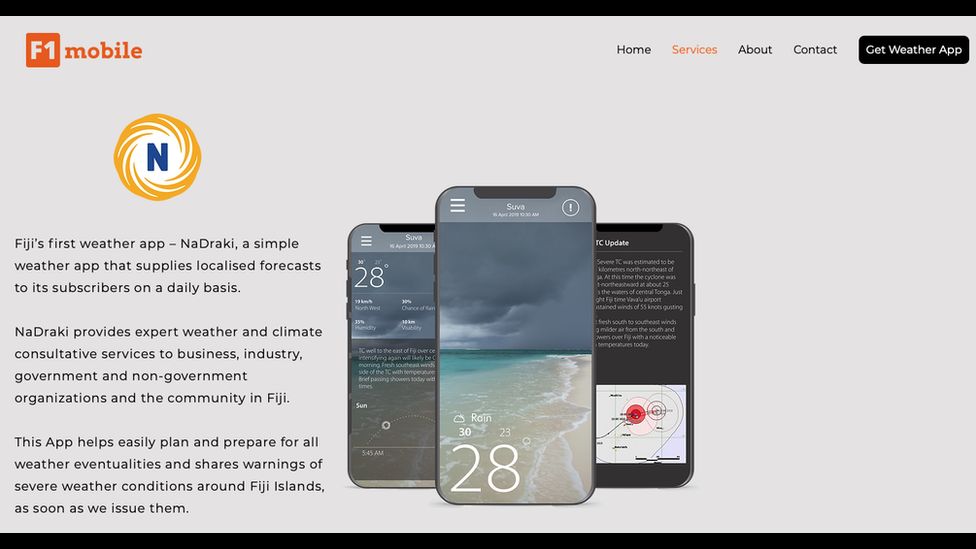
Mr Bradley’s most recent venture is a forthcoming travel app called Bula Fiji, which translates as “welcome Fiji”. It will allow holidaymakers to book flights, accommodation and activities all in one place.
Looking forward, Mr Bradley hopes that building a larger tech sector in Fiji will mean that more university graduates are able to stay and work in the country rather than leaving to work abroad.
Fiji’s main university, the University of the South Pacific, is the premier institution in the region.
Top students travel from across Fiji and other Pacific Island nations go there to study. But after they complete their degrees there has traditionally been a brain drain, with many leaving for more developed economies like Australia and New Zealand in search of better job opportunities.
“We have a university here that’s creating graduates, and they’re not really finding where they fit [in Fiji],” says Mr Bradley, who was previously head of Fiji’s foreign investment office.
“So then they all leave. Why can’t we work with those graduates, and then try and enable them to build applications and opportunities?”
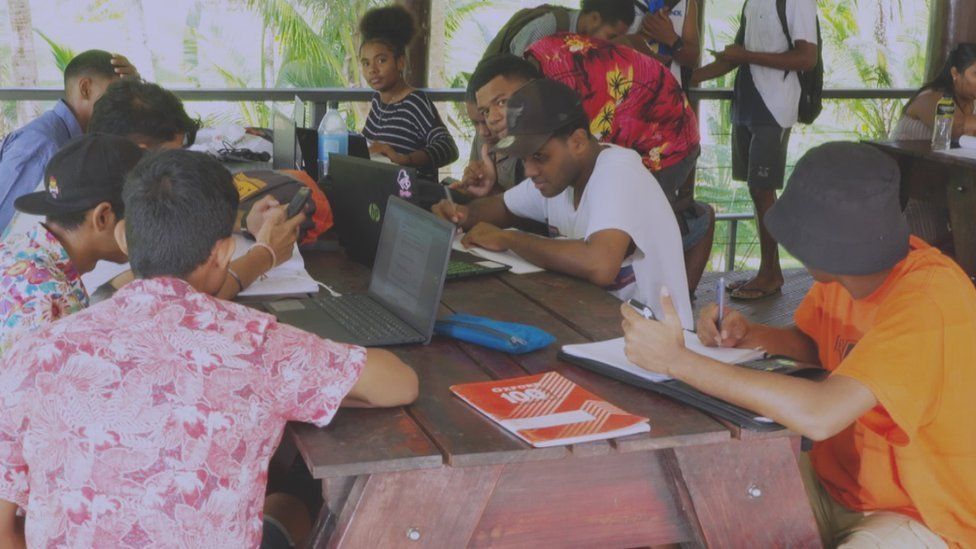
Rabih Yazbek, head of Fiji at Australian multinational banking group ANZ, says: “Fiji is benefiting from all the attention coming into the region at the moment.
“I think it’s pretty uniquely placed within the Pacific, it just geographically happens to be the centre of many of the Pacific Islands,” he adds. “It’s got a really well-educated young workforce. It’s also got excellent internet connectivity.”


New Tech Economy is a series exploring how technological innovation is set to shape the new emerging economic landscape.

That internet is a real benefit to the country and the neighbouring islands. Most of the undersea internet cables in the region run out from Fiji.
These attributes have helped outsourced call centres take off in Fiji.
ANZ uses these call centres for credit card processing, lending operations, payments and account functions. Other businesses are using these call centres for customer sales.
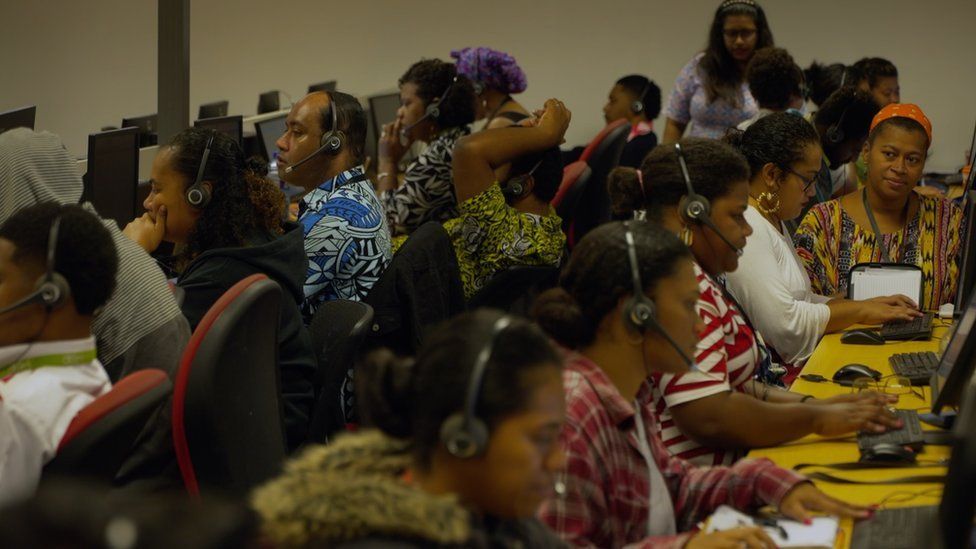
Mr Yazbek says the fact that local workers have a good command of English will help the industry grow. And like India and the Philippines, the call centres are proving to be a stepping stone for the evolution of a wider technology sector.
Sanjesh Kumar, director at Fiji cloud computing provider Acton, certainly believes that is the case. The firm has overseas customers in Australia, New Zealand and even as far as Canada.
“I think the time is absolutely right for local companies to be at the forefront, and actually realise what applied technology can do,” he says.

He adds that the modelling of climate change is an example of something that could be done well from Fiji given its location.
“The variations in temperature and then sea level rises and greenhouse emissions… we’re at the forefront of all of those things,” he says. “[And] we can do it a lot more efficiently today, we can share information a lot quicker.”
Mr Yazbek also sees potential in Fiji’s traditional industries. While the country has historically relied on sugar cane, which remains its fourth-largest export by value, he says that ginger and turmeric have room to expand to new markets.
Mr Yazbek adds that Kava – a local social drink made from the root or stump of the kava shrub – could be marketed far more widely than it currently is.
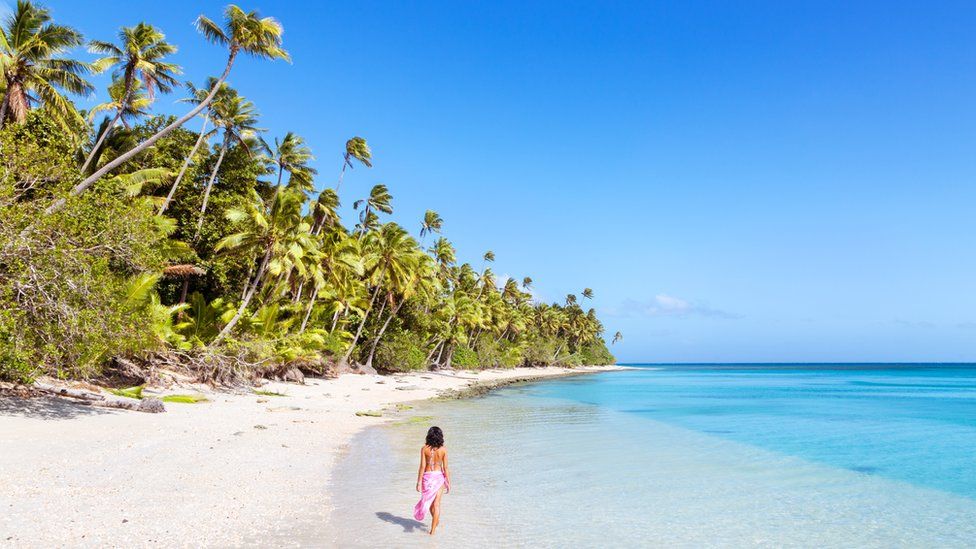
Meanwhile, fish is the third-largest natural resource to be exported from Fiji. The country’s fisheries minister wants to see more investment in processing facilities in the country.
“The Pacific Islands should process their own resources,” says Semi Tuleca Koroilavesau. “That will give maximum benefit and return to the people. Not only in dollar bills, but also in employment opportunities.
“The benefits are bigger than just allowing other countries to come and fish, and taking away and processing in their own countries.”
The ingredients for a promising future seem to be available in Fiji. Using them to diversify the economy will be crucial to ensure that the country can protect itself from the effects of climate change, and to give its young educated workforce a reason to stay.
